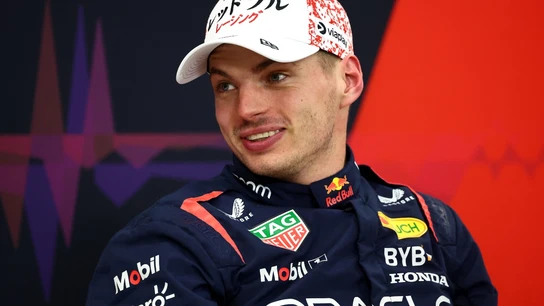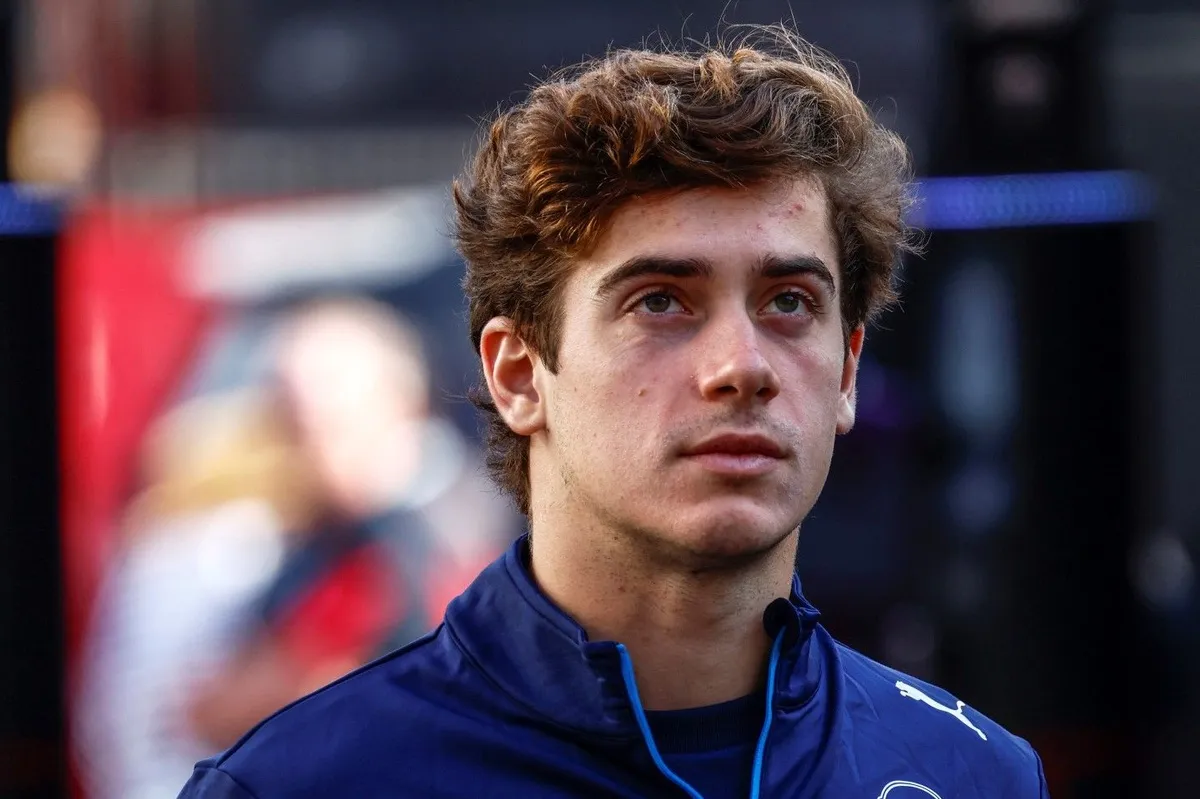Determining what it would take for Max Verstappen to leave Red Bull involves analyzing his current situation, his priorities, and the factors that could sway his decision. Verstappen, the reigning four-time Formula 1 world champion as of April 1, 2025, is contracted with Red Bull until the end of 2028. However, his future with the team has been a subject of speculation due to various on- and off-track dynamics. Here’s a breakdown of the key elements that could prompt him to depart.

First and foremost, performance is Verstappen’s top priority. He has consistently emphasized that his primary motivation is to drive a car capable of winning races and championships. Red Bull has delivered this for him since 2021, with dominant cars that secured his titles. However, if Red Bull fails to provide a competitive car—particularly with the major regulation changes looming in 2026—Verstappen could consider leaving. His contract reportedly includes performance-related clauses, meaning that if Red Bull’s car falls short of a certain competitive threshold (exact details are not public), he could exit early. The 2024 season already showed signs of vulnerability, with McLaren and Ferrari outpacing Red Bull at times, and a lackluster 2025 season could amplify doubts about the team’s future, especially as they transition to their own power unit with Ford in 2026.

Team stability and key personnel also play a significant role. Verstappen has a deep loyalty to Helmut Marko, Red Bull’s motorsport advisor, who has been instrumental in his career since his junior days. Verstappen has hinted that Marko’s departure could trigger his own exit, a sentiment reinforced by reports of a clause linking his contract to Marko’s presence. Tensions within Red Bull, such as the 2024 power struggle involving team principal Christian Horner and allegations of internal discord, could further destabilize the environment. Verstappen has expressed a desire for a “peaceful environment,” and if infighting or the loss of trusted figures like Marko disrupts that, he might look elsewhere.
Another factor is the allure of rival teams. Mercedes has been frequently linked to Verstappen, especially with Toto Wolff’s open admiration and the team’s strong historical performance under new engine regulations (like those in 2014). With George Russell and Kimi Antonelli’s contracts expiring at the end of 2025, Mercedes could offer a seat in 2026, potentially with a car better suited to the new rules. Aston Martin, bolstered by Adrian Newey’s arrival in 2025 and a Honda partnership (which Verstappen knows well from his title-winning years), is another contender. However, Verstappen has said he doesn’t want to “be part of four or five different teams,” suggesting he’d only move for a clear upgrade, not just a change of scenery.

Finally, Verstappen’s personal goals and temperament could tip the scales. He’s not driven by records or money—rumors of massive offers like €150 million haven’t swayed him—but by enjoyment and success. He’s hinted at retiring early, perhaps before 30, to pursue other interests like endurance racing. If Formula 1’s demands (e.g., FIA disputes over trivial matters like swearing) or a lack of competitive joy sour his experience, he might walk away entirely rather than switch teams.
In summary, Verstappen would likely leave Red Bull if the team can’t deliver a race-winning car, if key allies like Marko depart, or if a rival offers a demonstrably better shot at success under stable conditions. Barring that, his loyalty and comfort with Red Bull suggest he’d stay—or simply exit F1 altogether. The next two seasons, especially 2026, will be pivotal in testing Red Bull’s ability to keep their star driver.

 EXPLOSIVE
EXPLOSIVE 



 Oscar Piastri has donated his entire prize money, including $5.5 million, from the Chinese Grand Prix victory to a charity supporting underprivileged children.
Oscar Piastri has donated his entire prize money, including $5.5 million, from the Chinese Grand Prix victory to a charity supporting underprivileged children.